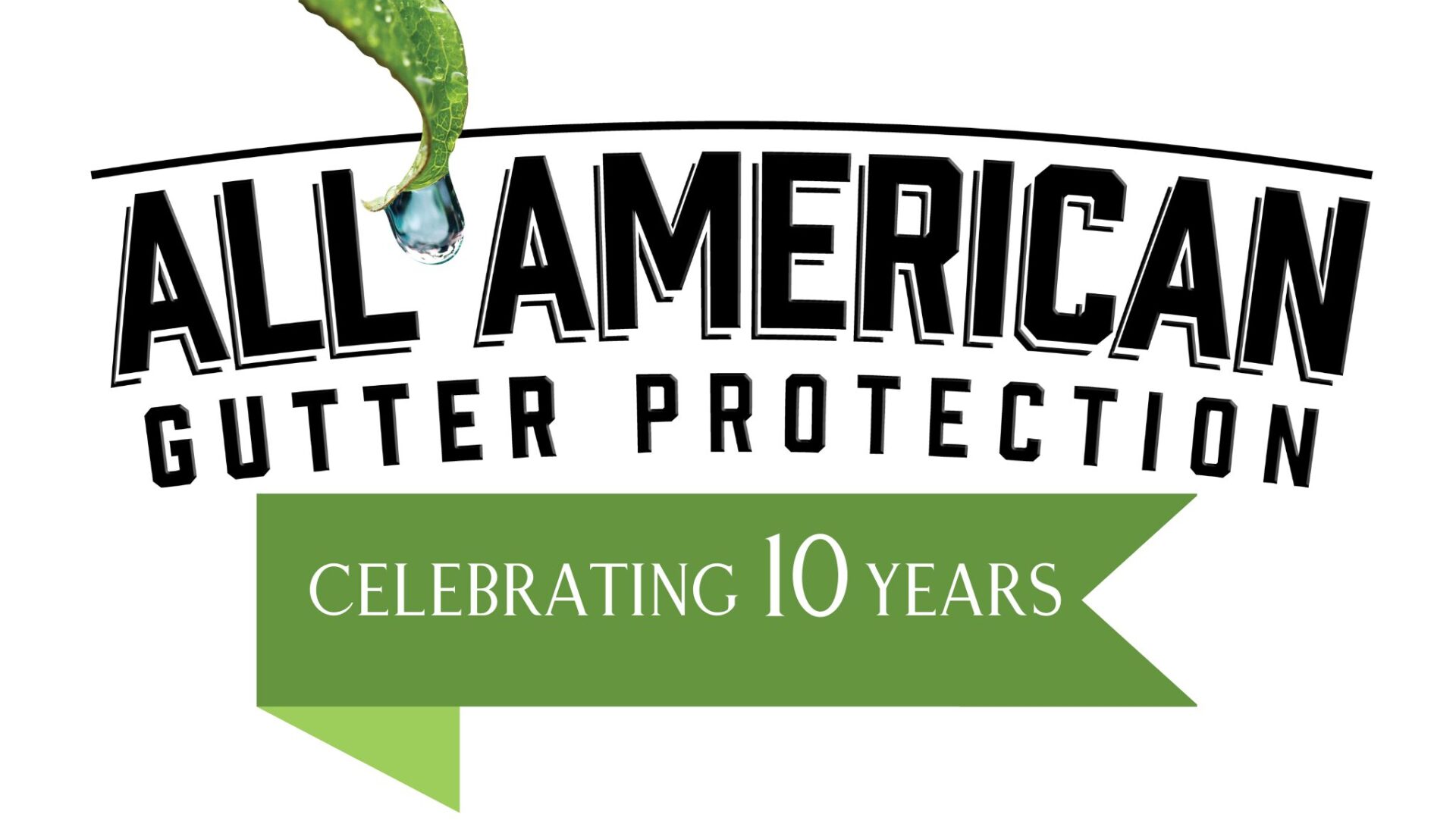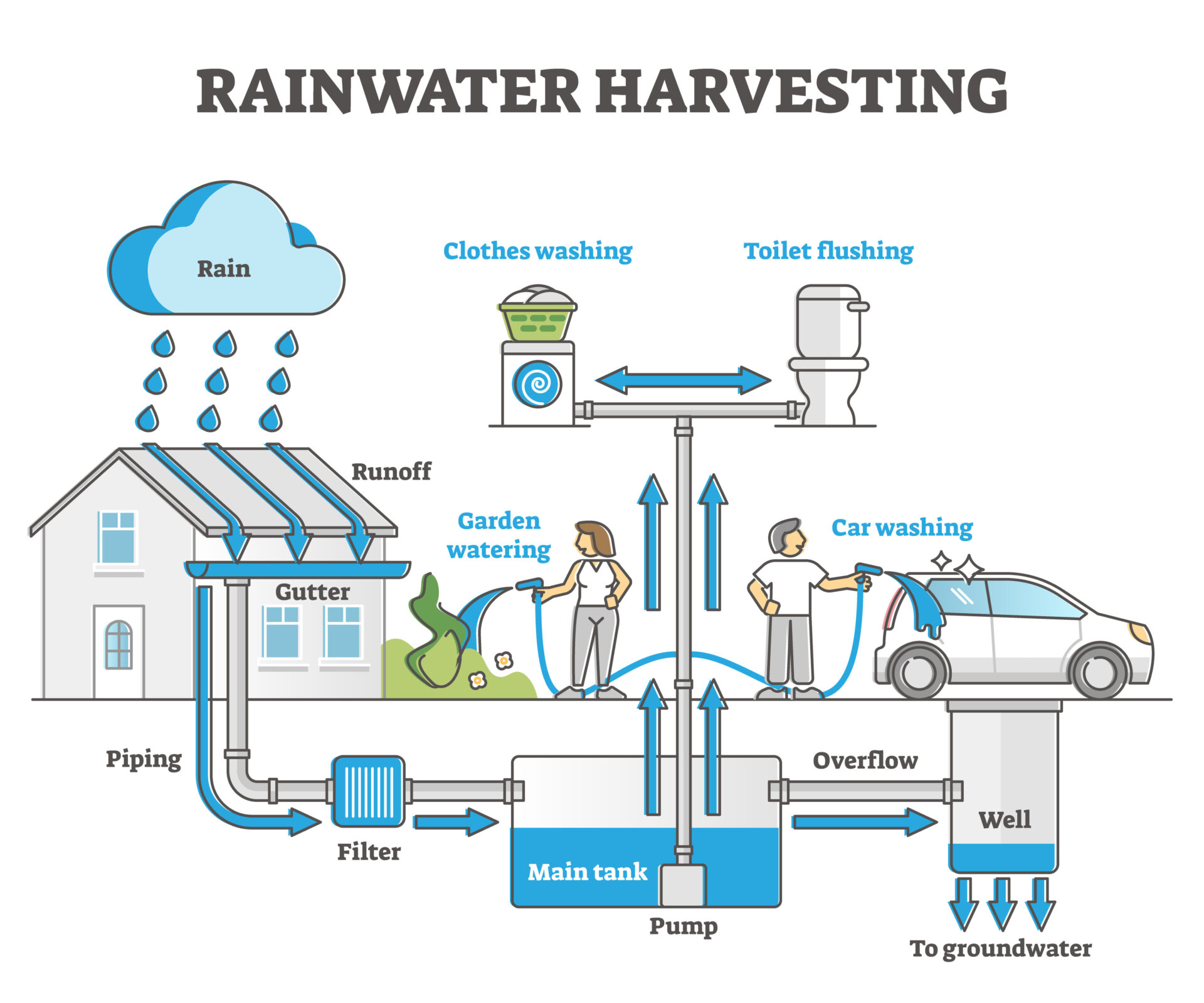
If you’re environmentally conscious, you may have thought of ways to conserve water or other resources around you. Rainwater can be used for landscaping, irrigation or household needs if safely disinfected. Harvesting rainwater consists of collecting it from your roof, gutters and downspout, and then channeling it to storage tanks, barrels or cisterns. Before using rainwater for personal needs such as drinking, bathing, etc., this water must undergo filtration and treatment to guarantee its cleanliness and safety. Outdoor applications that require no filtration include watering plants, laundry, car washing, home washing, etc.
Pros of Rainwater Harvesting
Rainwater harvesting is a very eco-friendly practice that prevents rain from contributing to soil erosion and protects the health of your home, soil, crops and gardens. Harvesting rainwater also prevents the negative effects of rain runoff. When rainwater falls onto roads, rooftops, sidewalks and parking lots, it doesn’t always absorb into the ground or go into a nearby sewer. This water then streams into nearby lakes, ponds and streams with all the contaminants it picked up along the way, further polluting nearby water. By collecting rainwater, you are preventing more chemicals, debris and pollutants from entering these natural waterways. In addition, using rainwater for outdoor applications requires no energy or filtration, contributing to saving energy and efficiently using natural resources. Lastly, collecting rainwater can save you money on your utility bills and provide you with more useable resources.
Cons of Rainwater Harvesting
While this practice is very beneficial to the environment, it can be very costly upfront and require a lot of maintenance to upkeep clean systems and water. If you intend to use your collected rainwater for more than outdoor purposes like drinking or bathing, you will need to have a filtration system, chemicals and regular testing to ensure it is safe to use. According to the Centers for Disease Control, untreated rainwater shouldn’t be consumed. Rainwater can carry bacteria, viruses and chemicals from your roof, gutters, etc., that can contaminate your collection system and water. Check with local restrictions and guidelines to ensure you’re following proper procedures and are permitted to collect water. Finally, if you live in an area with inconsistent rain or droughts, you might find it harder to benefit from rainwater collection and the costs might outweigh the benefits. Although rainwater collection is useful when droughts occur, you want to ensure you can collect the water to begin with.
Rainwater collection is worth it if you’re looking for ways to conserve water or deal with water scarcity. Despite its initial costs and maintenance upkeep, it is a great way to conserve and save money on your water bill in the long run. Taking advantage of a natural resource at your disposal is necessary to combat environmental challenges and a sustainable approach to managing water resources.







